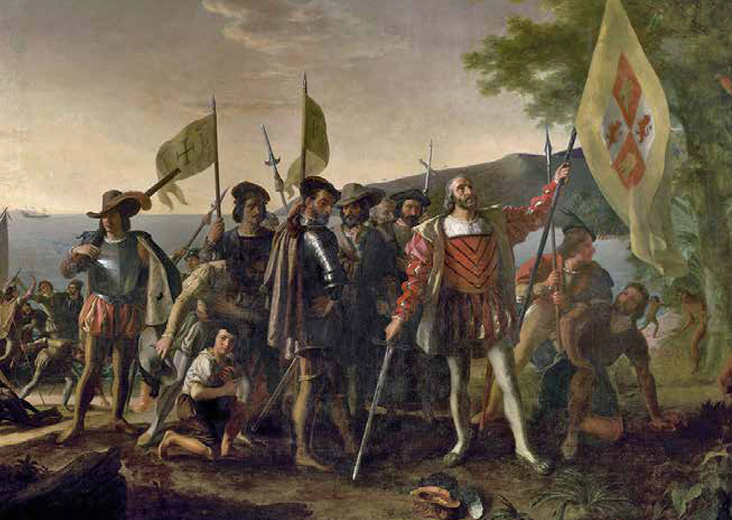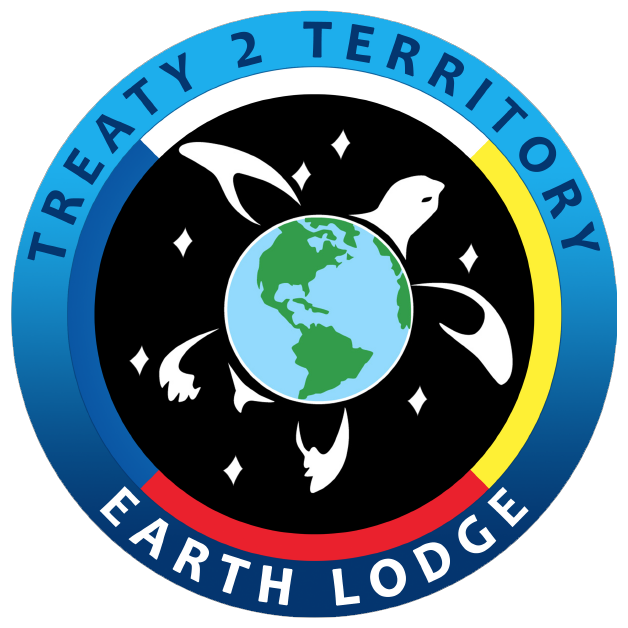Treaty 2 Territory – Indigenous Peoples have held title to their traditional lands or territories from time immemorial and have taken on the responsibility to care for it………forever. But then European explorers arrived, planted flags, and laid claim to all they saw. How was that possible?
How is it possible that any Pope, King or Queen, or explorers from Europe could “discover” lands in the New World if Indigenous Peoples were already occupying such lands, according to our own laws and legal orders? The Doctrine of Discovery originates from a series of Papal Bulls (formal statements from the Pope) and extensions, originating in the 1400s. Discovery was used as legal and moral justification for colonial dispossession of sovereign Indigenous Nations, including First Nations in what is now Canada.

During the European “Age of Discovery,” Christian explorers “claimed” lands for their monarchs who felt they could exploit the land, regardless of the original inhabitants. This was wrongly based on the presumed racial superiority of European Christian peoples and was used to dehumanize, exploit, and defeat Indigenous Peoples and dispossess us of our most basic rights. This was the very foundation of genocide. Such ideology led to practices that continue through modern-day laws and policies.
Here’s an excerpt from Romanus Pontifex, in 1455, authorizing King Alfonso of Portugal to conquer Africa and beyond, and to engage in the slave trade:
“…— to invade, search out, capture, vanquish, and subdue all Saracens and pagans whatsoever, and other enemies of Christ wheresoever placed, and the kingdoms, dukedoms, principalities, dominions, possessions, and all movable and immovable goods whatsoever held and possessed by them and to reduce their persons to perpetual slavery, and to apply and appropriate to himself and his successors the kingdoms, dukedoms, counties, principalities, dominions, possessions, and goods, and to convert them to his and their use and profit.”
The Doctrine of Discovery was the framework that Spain, Portugal, and England used for the colonization of many lands, including North America. It was the international law that gave permission to explorers to claim vacant land (terra nullius) in the name of their sovereign. Vacant land was that which was not populated by Christians. If the lands were not occupied by Christians, they were seen as vacant and then could be declared as “discovered” and then sovereignty, dominion, title and jurisdiction could be claimed.
So why is the Doctrine of Discovery important today?
Because it has never been renounced. It remains the basis for Canadian law and as such continues to impact Indigenous Peoples. It gave sovereignty or title of Indigenous traditional lands and territories to the Crown. It remains today “the legal justification for the colonial occupation of our lands and our nations. As long as Canada bases its existence on that Doctrine, it is hard to characterize it as anything other than a racist state where one race has been given the right to subjugate and confiscate the lands of another.”
It made possible the Indian Act and all of its genocidal laws and policies including the residential school system, removal of Indigenous Peoples from traditional lands to reserves, criminalization of languages and cultural ceremonies, and the creation, recognition and later denial of Treaty and Indigenous rights. It disregarded and nullified the existence of Indigenous Peoples who had occupied their territories since time immemorial because they did not follow the Christian faith. Indigenous Peoples in Canada have had to wage multiple, lengthy legal battles to prove their existence prior to the arrival of European explorers.
Adapted from various printed documents.
Submitted by Renée McGurry, Earth Lodge Development Helper
lodge.fnt2t.com
